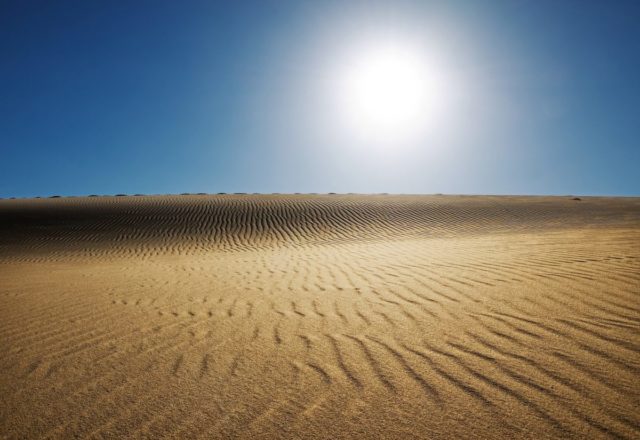MI weekly selection #500
MI weekly selection #500

Human brain tissue successfully implanted in rats
A new study shows that balls of human brain neurons can be implanted and integrated into the brains of rats. Researchers reveal that lab-grown “human brain organoids” integrated into the rats’ brains within three months, which may pave the way for repairing injured human brains in the future.
Full Story: The Guardian
Solar could power the world with just 0.3% of land
Land intensity is often viewed as a barrier to solar deployment, but it may not be as much of an issue as many people think, according to new research. The report says that a combination of vertical construction, agrivoltaics, floating and traditional systems could meet the world’s energy demand and will require just 0.3% of available land.
Full Story: PV Magazine
New type of ice with density of water
Researchers have developed a new form of ice that has both an amorphous, disorganized structure and medium density similar to that of water. The discovery helps scientists better understand the properties of liquid water and whether this type of ice might exist on the ice moons of gas giant planets.
Full Story: Live Science
Fish fossil reveals oldest preserved vertebrate brain
Scientists have identified the oldest example of a three-dimensionally preserved vertebrate brain as a 319-million-year-old ray-finned fish. The fossil was discovered in a British coal mine more than a century ago, and scientists were surprised to find that the fish’s brain was preserved, giving them insight into the neural evolution of the group of fish.
Full Story: Metro
Amazon rainforest has global cascading climate effects
The state of Amazon rainforest impacts distant ecosystems through an atmospheric pathway that stretches 20,000 kilometers across the world, according to a new study published in Nature Climate Change. Researchers found that fires in the Amazon could contribute to ice melting in Antarctica and the Himalayas, as ecological destruction in one region can have cascading effects across the globe.
Full Story: Bloomberg